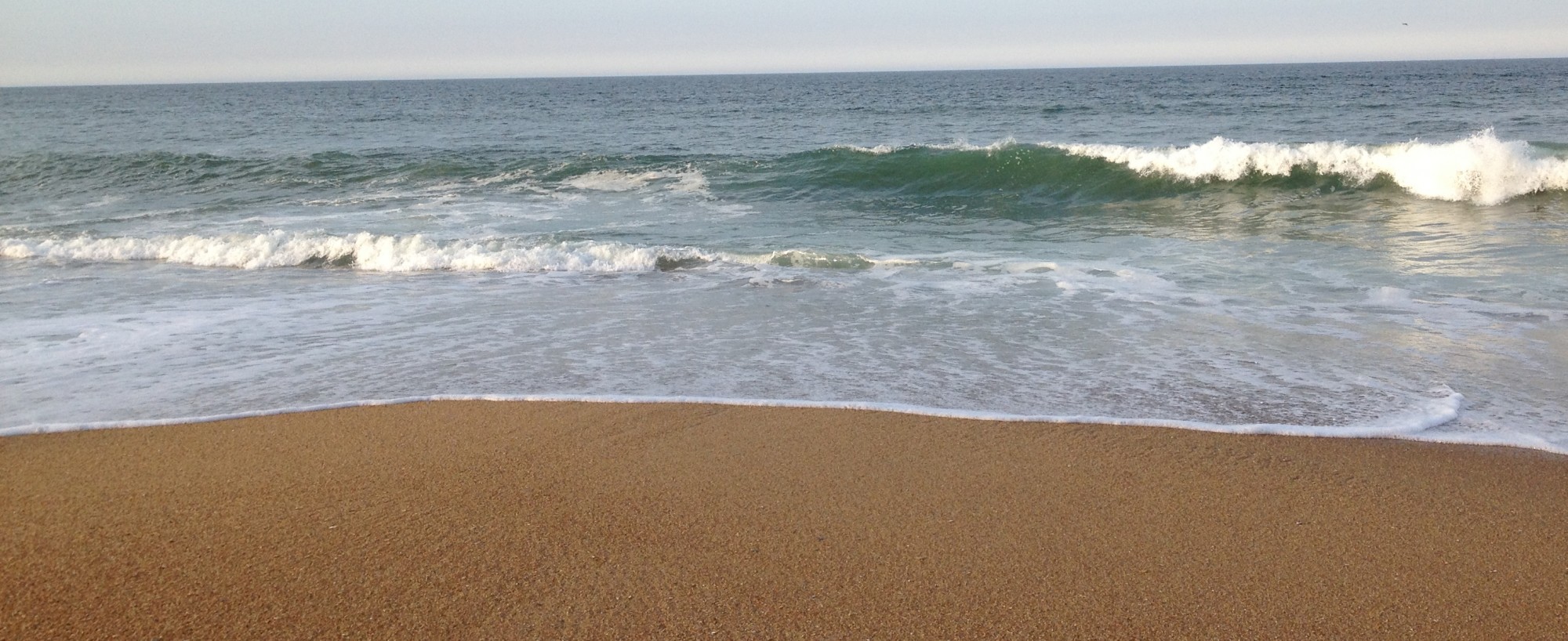Retrospective on the Class
When I first began this class, I was quite unsure of how Herman Melville and Ralph Ellison were going to work in one class. Only knowing Melville as the guy who wrote the book about the whale, and only knowing Ellison as the guy that wrote the book about race, made it hard for me to see how they could interact in a meaningful way. I am pleased to say that I was wrong.
Beginning the class reading Typee was probably the best way to start. Although it was Melville’s most popular book in his lifetime, I had never heard of it. Starting out by not reading Moby-Dick was a good way to make me more open minded to the class and the Melville as an author. Typee dealt with many themes that I didn’t expect from Melville. Tomo, the main character, experiences life among the cannibalistic Typee people of Polynesia. He wrestles with many things such as the differences between western and eastern traditions, morality, and different ethnicities. He struggles with what is “right” and “wrong” and if his western tradition is really best.
Having this be the first thing we read in class caught me off guard. The way in which Melville crafts Tomo’s story and his internal struggles about if the cannibalism really matters, were both eerily relevant and totally unexpected. As we continued to read Melville’s poetry and his short stories I saw that Melville actually talked about race a lot. The most prominent treatment of it was in his short story Benito Cereno. This mystery story had a very interesting take on race. Babo, the black slave villain of the story, is portrayed as cruel and calculation. At the time Melville was writing this story, it was inconceivable that blacks could be intelligent. By Meville writing Babo as the calculating villain, he was actually I think trying to invert the expectations of his audience.
Then we began to read Ellison, which was a completely different experience. Ellison wrote about what I expected him to. His short stories and essays were concerned about race, personal experience, and systematic racism. I particularly enjoyed his essays and the ways in which they were creatively put together. These thought provoking essays made me see the “essay”, as a form of writing, in a completely different light.
Then once we read those essays we took a sharp turn to reading Moby-Dick. Once we began to read the book, I started to see more and more how Melville and Ellison could meaningfully speak to each other. Moby-Dick, is much more than a book about a whale. It is a book about revenge, obsession, about male friendships, and other places; it is about philosophy and wale science and is an adventure story. It is also an experimental structure. Throughout the book there are stage directions, various chapters that include monologues, and some chapters that are scientific.
In the ways that Ellison experimented with the essay, Melville experimented with the novel. I see the two of them as inventors, people not happy with the status quo. Melville was looking to push boundaries in his writing, and he was met with less than stellar reception while he was alive. Ellison was looking to push the boundaries of his race, and to get recognition for his work. Both writers have very distinct voices that they tried to convey in very interesting ways.
Now as we finish up the semester with Invisible Man, I see that I was wrong. Invisible Man begins with a quote from Benito Cereno, Ellison was clearly trying to respond to something that Melville had set up in the previous century. Elliosn had something to say back to Melville, and I think Melville would have had something to say to Ellison.
Invisible Man and Moby-Dick, both I think are both experiments. When each was released, it was unlike anything that had been seen at the time. I think both authors were trying to push the boundaries. I think each author succeeded in one way or another.
Melville and Ellison were innovators, experimenters, and they certainly weren’t what the people at the time they published were expecting. Neither author also ended up being what I Was expecting. Melville turned out to be surprisingly interesting and writing about more things than just whales; he was a traveler, and interested in other cultures. Ellison didn’t just write a book about race.; he wrote essays, and a very interesting book about systems and uncertainty. Now that the class has come to an end, I really can see what exactly is it that Melville and Ellison have to say about each other and to each other.
